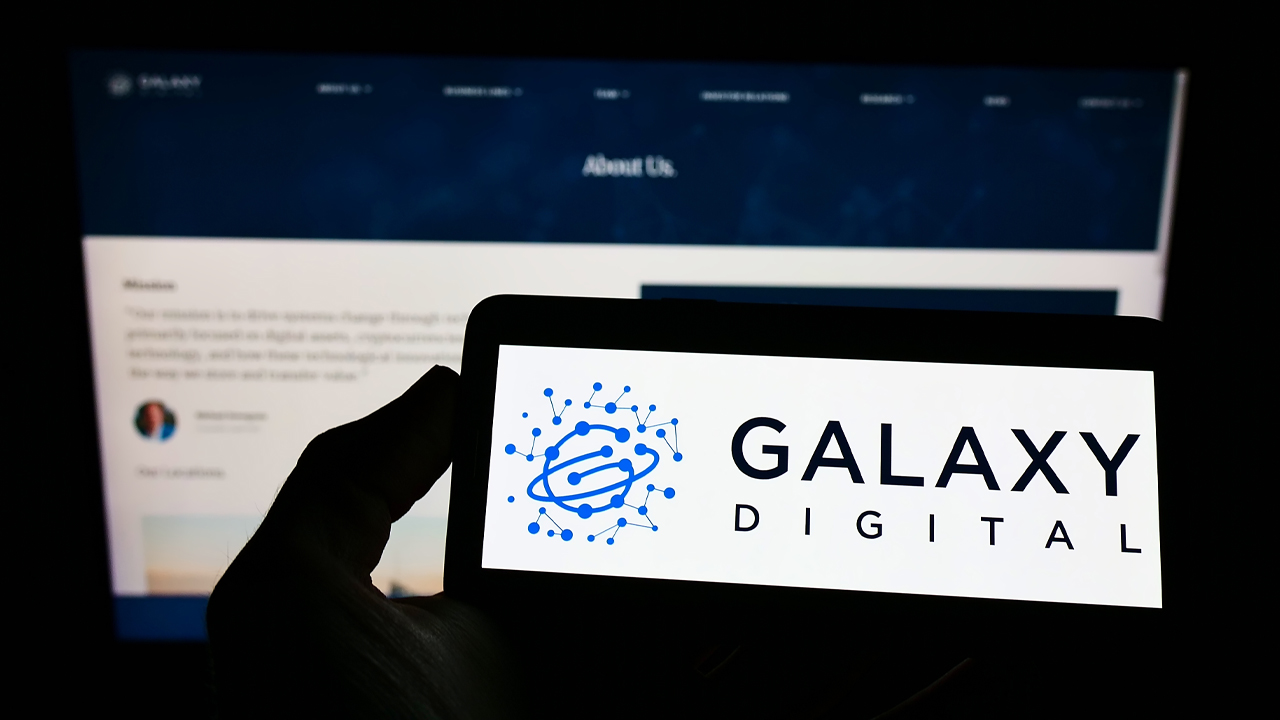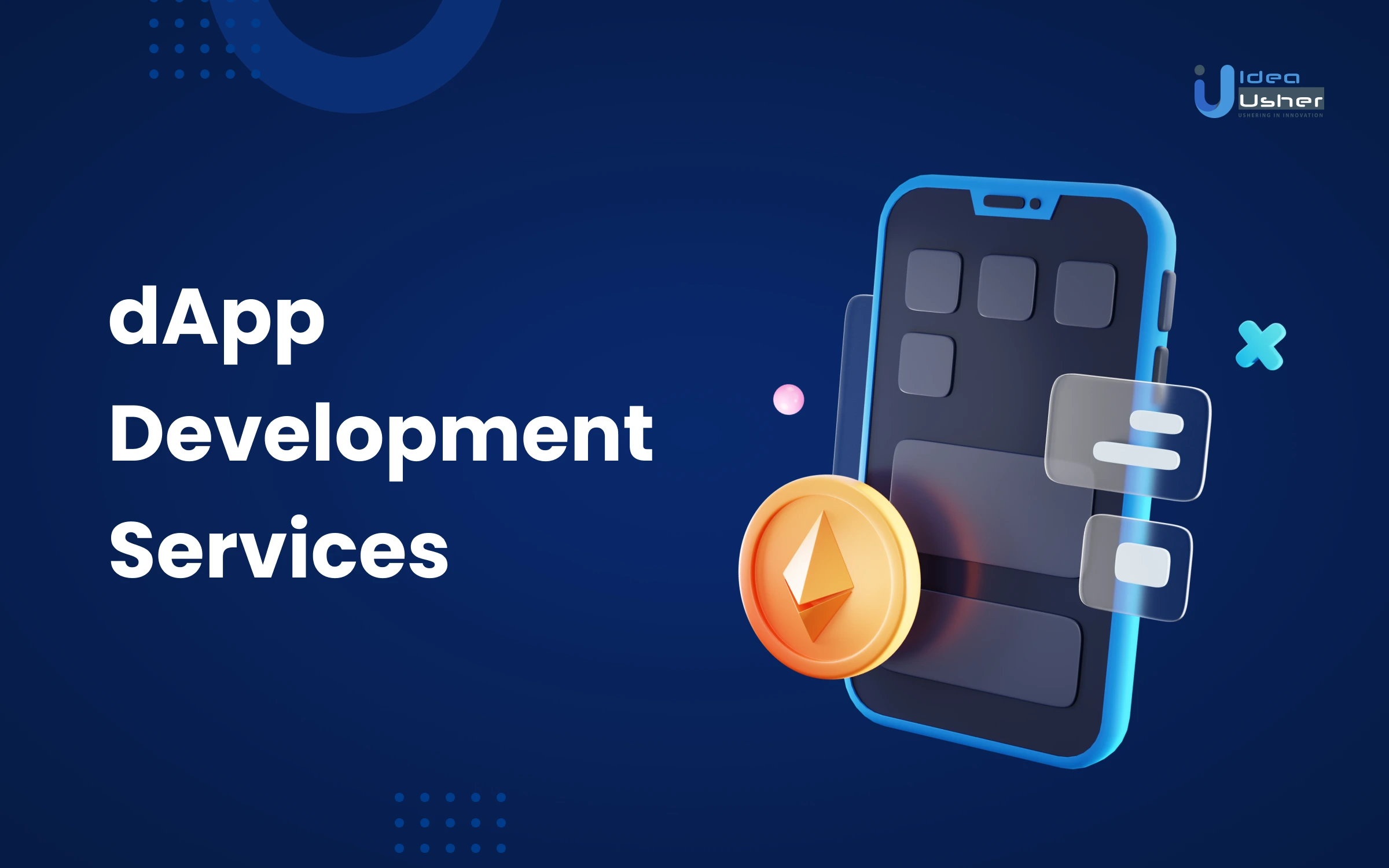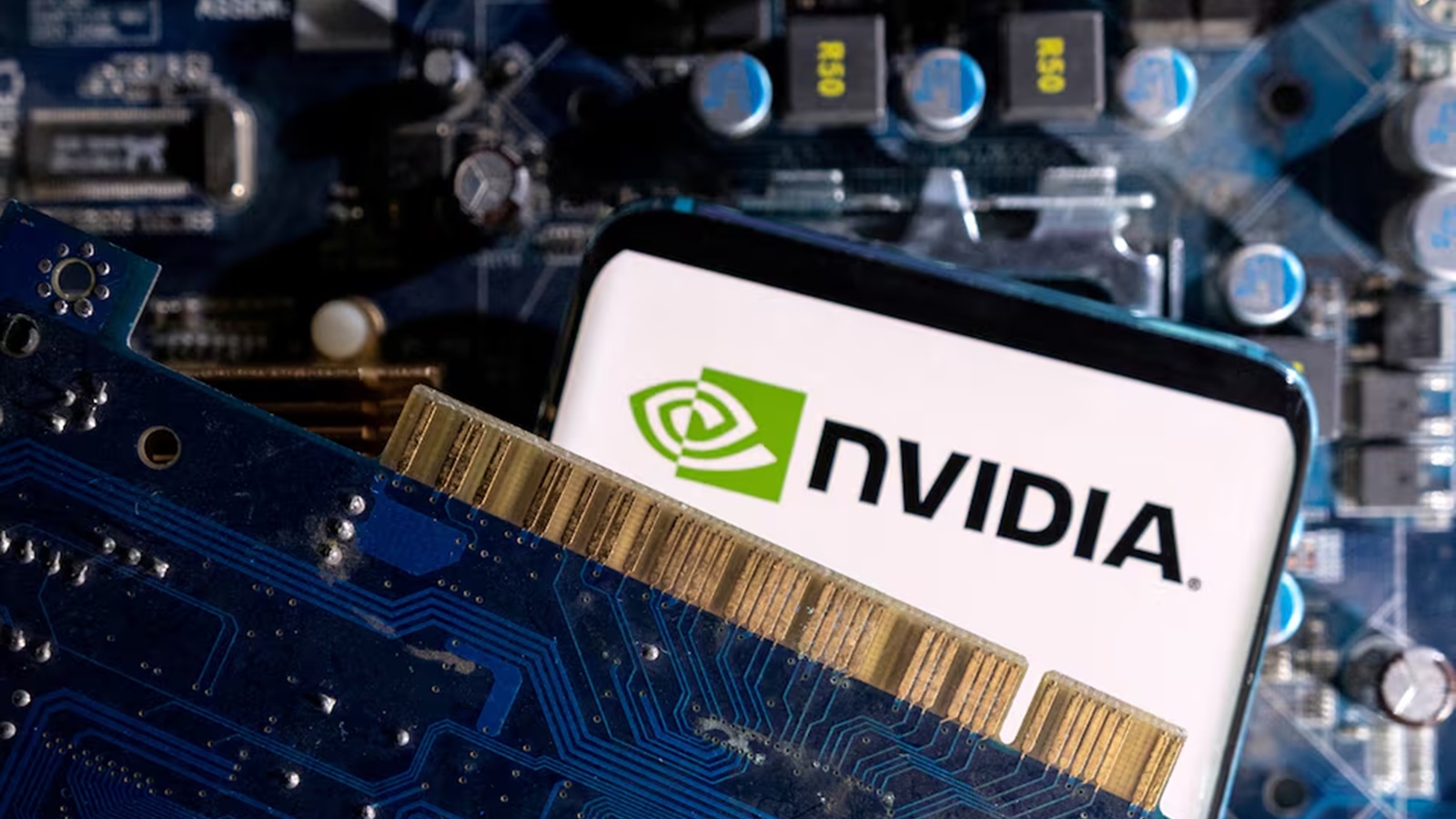An in-depth analysis of the transparency challenges and significant stakeholder roles, Galaxy Digital’s report reveals that Ethereum’s decentralized governance circumvents direct on-chain voting
Galaxy Digital has published a report demonstrating that off-chain voting, and not on-chain Ether holder voting, steers Ethereum’s decentralized governance.
On June 3, Christine Kim, vice president of the research team at Galaxy Digital, published the report. It exposes the identities of numerous stakeholders who possess the governing keys to Ethereum.

The report details client teams, validator node operators, the Ethereum Foundation (EF), and decentralized application (DApp) developers collaborating on the off-chain processes.
Operators of validator nodes and client teams
As stated in the report, the involvement of client teams is pivotal in decision-making, proposal formulation, discussion, and change implementation via Ethereum Improvement Proposals (EIPs).
“Client teams build and maintain the software needed to run and connect to the Ethereum network.”
The report also emphasized the significance of validator node operators, who possess “the authority to implement or reject code modifications” introduced to the Ethereum network. Essentially, they exercise their authority by selecting the software version to execute.
Even though its direct influence has diminished over time, the EF continues to support Ethereum development endeavors as the “earliest and most prominent nonprofit organization.”
DApp developers, communities, and forums
According to Kim’s report, DApp developers influence specific features and enhancements in response to user demands.

“DApp developers are the primary users of Ethereum, interacting with the Ethereum codebase to deploy smart contract code.”
As stated in the report, off-chain governance deliberations are conducted through various forums, which aids in establishing consensus among stakeholders.
“Governance discussions occur in several forums: Ethereum All Core Developers (ACD) calls, ETHMagicians, Ethresear.ch, Discord, and GitHub.”
On or off the chain?
The report further underscores the rationale behind Ethereum’s inclination towards off-chain governance instead of on-chain voting to mitigate the potential for significant Ether ETH
“No decisions are voted on by ETH holders through on-chain proposals or decentralized autonomous organizations (DAOs).”
Off-chain methods uphold nuanced decision-making and prevent centralization, notwithstanding their “difficulty to audit and objectively evaluate.”



